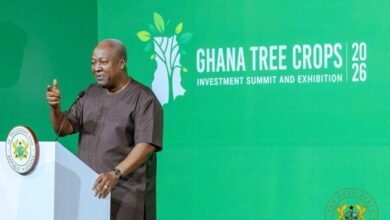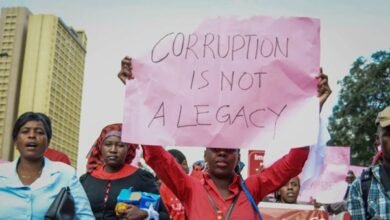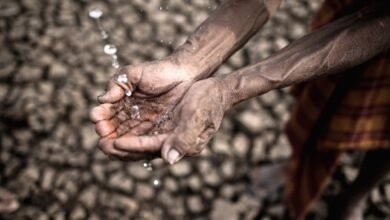Sport:The Africa Cup of Nations’s business stakes
Following the postponement of the 2021 Africa Cup of Nations last year due to the Covid pandemic, the 33rd Africa Cup of Nations (AFCON) was finally kick off in the Cameroon capital of Yaounde on 9 January. Beyond the sporting aspect, the most popular event on the continent has major economic stakes. For the federation, for the host country, for the sponsors… Analysis.
By DBM
The games started. The first major international event game in Africa, AFCON, with different challenges. The ongoing pandemic with the new Omicron variant to manage while the games will be played in six venues in the West African nation (Yaounde: Olembe Stadium and Stade AhmadouAhido, in Douala’s Japoma Stadium; The RoumdeAdija stadium in Garoua along with the 20,000-seat Kouekong Stadium in Bafoussam and at the Limbe Stadium).
Sport side, Algeria look to retain their 2019 crown with the holders expected to be tested by other pre-tournament favorites, namely Egypt, Morocco, Senegal and Nigeria.
“The benefits that come with cities getting to host such tournaments as AFCON are enormous”
These are major challenges, as well as economic issues. The benefits that come with cities getting to host such tournaments as AFCON are enormous.
It hasn’t been a smooth ride for Cameroon as a host nation, with doubts surrounding the completion of stadiums on time and security concerns in the country’s Anglophone regions.
But on Sunday, a colorful opening ceremony held at the brand new 80,000-seat Olembe stadium in Yaounde set the tone.
President of the Confederation of Africa Football (CAF), Patrice Tlhopane Motsepe, told almost 60,000 fans gathered at the Olembe stadium for the opening ceremony that the wait is now over. »Today, we are here to show the best of Cameroon football and the best of African football, » Motsepe said.
CAF and the Cameroonian government have implemented a filtering system so that a health pass is required to access the stadiums.Stadiums are not to be filled to their complete capacities to control crowds and the spread of the virus.
“The country’s economy also benefits from the influx of people coming to patronize the tournaments naming from hospitality, catering and entertainment industries, etc.”
But the pandemic will not have stopped Cameroon from hosting the event this time and making up for the failure and economic loss of 2019, when the rights to organise the CAN were withdrawn due to delays in preparations and security problems. This time, the country is determined to get back on track.
There’s no denying that hosting a large scale sporting event comes at a cost. It takes years of planning and investment to ensure that the necessary infrastructural work is in place. This kind of financial commitment is daunting for any nation.
However, countries opt to host events like this because they believe that there will be positive economic and social spin offs.Firstly, such cities get infrastructural boosts with revamping of new social amenities as many tourists are expected to visit.
The country’s economy also benefits from the influx of people coming to patronize the tournaments naming from hospitality, catering and entertainment industries, etc.
Egypt’s revenue from the Africa Cup 2019 reached $83 million dollars
Egypt’s revenue from the Africa Cup 2019 reached $83 million dollars according to Confederation of African Football (CAF) chief, Ahmad Ahmad. Ahmad pointed out at the time that the tournament’s revenue exceeded the one held in Equatorial Guinea in 2015 and Gabon in 2017.
In the case of Egypt, the capital Cairo was the main center of action and attraction, not only because the host team was based there but because it hosted three groups – A, C and D. The three other cities involved were Alexandria, Suez and Ismailia.
Sponsors rush
The short term economic boost which is typically associated with big events is a surge in visitors, athletes and media who spend and inject money into the local economy was also lost.
But away from TV rights, another major revenue stream of the AFCON for CAF is the rush of sponsors. In the 2013 edition, Pepsi, Adidas, Standard Bank, Samsung and Puma all continued with existing contracts of partnership running through 2016 (Samsung’s deal ran until 2015).
Promotion of African players
For the African continent as a whole, the AFCON represents a great opportunity for player sales which sees money flowing into the various football systems in the individual countries in the case of African based players.
For these players, the lure of European football is irresistible, and their sales generate a nice slice of the jackpot as in terms of revenue, the European football market is estimated to be valued at an astonishing ($22 billion). For the African based players and their football clubs, this is a win-win scenario.
In 2019, all participating teams at the competition pocketed home at least $600,000. The winner of the AFCON took home $4.5 millions in addition to the trophy.






